5 types of land tenure system in Nigeria: Complete guide
The land tenure system in Nigeria is the basis on which land ownership is given to natural entities, corporations, legal entities, and individuals. The tenure system also determines the control and usage rights enjoyed by the said bodies. The various types of land tenure systems in modern-day Nigeria are structured to safeguard public objectives and the sustainability of human and other natural habitats.
PAY ATTENTION: Сheck out news that is picked exactly for YOU ➡️ find the “Recommended for you” block on the home page and enjoy!
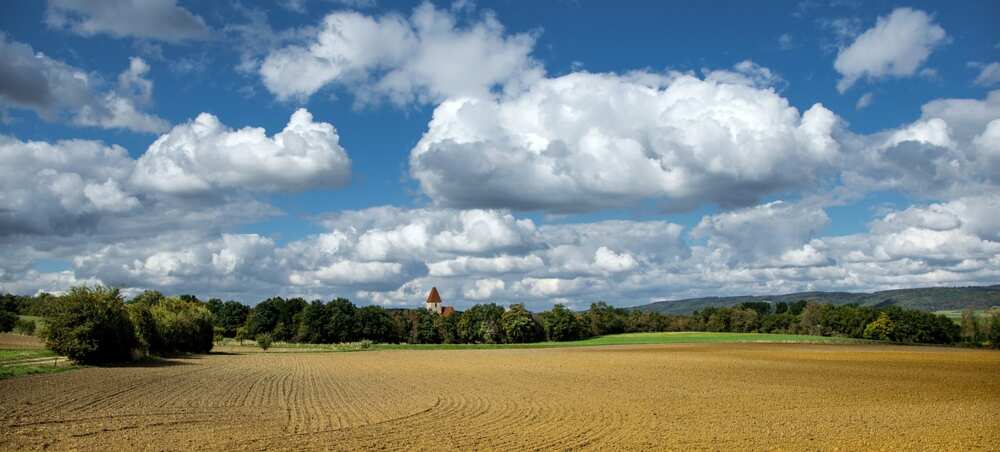
Source: UGC
What is the land tenure system in Nigeria? Like in other countries, Nigeria has varying types of tenure. These vary in the type of ownership, control, usage, and transfer rights. Each system dictates the landowners' privileges and obligations in reference to their parcel of land.
The different types of land tenure systems in Nigeria
Here is a look at the different examples of land tenure systems in Nigeria today.
1. Communal tenure
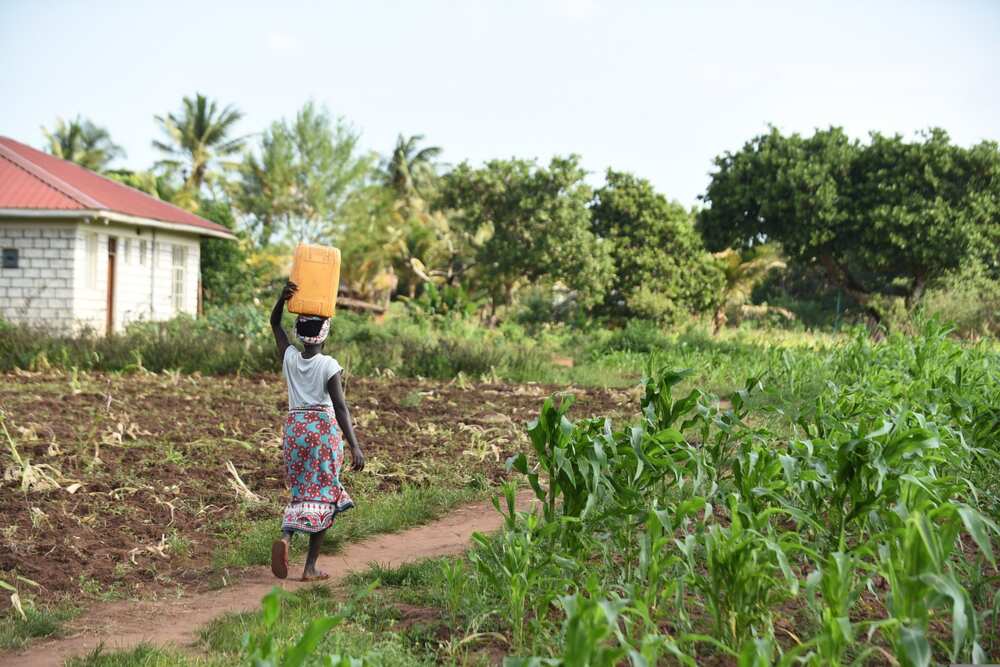
Source: UGC
PAY ATTENTION: Сheck out news that is picked exactly for YOU ➡️ find the “Recommended for you” block on the home page and enjoy!
The communal tenure system refers to an arrangement in which a group of people holds the secure and exclusive collective rights to own, manage, or use land and its natural resources. These resources are known as common pool resources and often include agricultural spaces, grazing lands, forests, trees, fisheries, wetlands, or the use of irrigation water.
The community's leadership determines the structures, basis, and processes of owning and dividing such areas. This tenure system is quite common in areas whose residents practice large-scale farming.
2. Leasehold tenure
A leasehold is a temporary right to hold land in which a lessee or a tenant holds rights to the area by some form of title from a lessor or landlord. The payment for the lease is typically made to the current authority overseeing the land. Typically, such authorities might include the government, an individual with freehold tenure, or trust that governs the issues surrounding the area.

Read also
REPORT: How COVID-19 increased child labour in Lagos state (parents, children share experiences)
The government often grants a 999-year leasehold for agricultural land, a 99-year leasehold for urban plots, and about 33 years for urban trust territories. This is one of the most common types of land tenure systems in agriculture.
3. Gift tenure
The gift system is premised on the voluntary transfer of ownership rights from one owner to another. The new proprietor (the gift recipient) can use the piece of land as collateral for a loan. They are also entitled to all the advantages of land ownership.
This tenure system is subject to legal verification. A court of law could reverse the gifting of the land if the rules of the country were broken in the process.
4. Freehold tenure
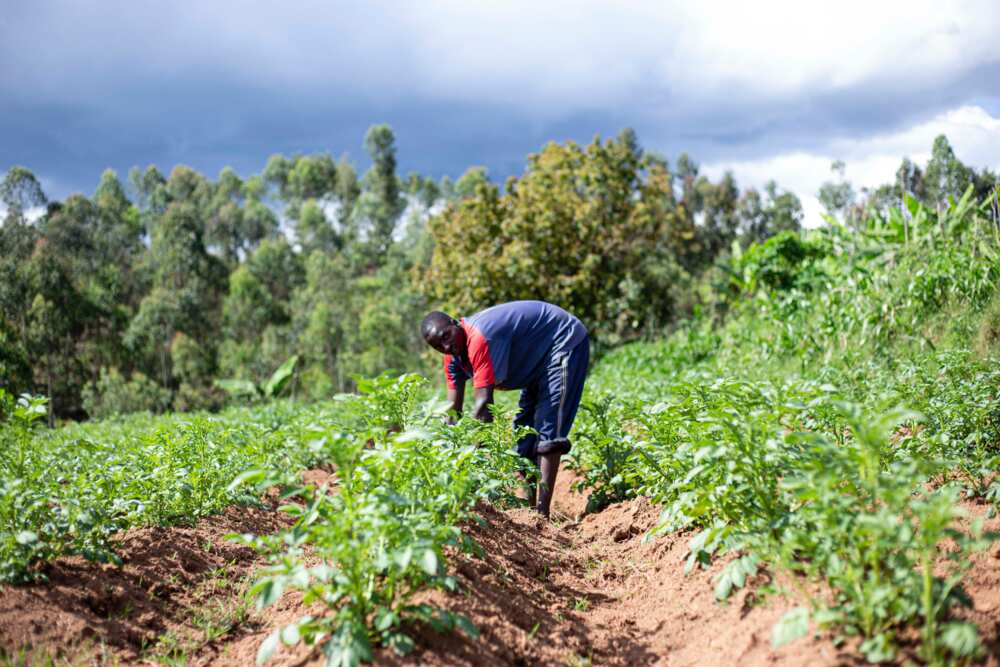
Source: UGC
Freehold tenure is a type of land ownership where a person or organization has outright ownership, forever, of a piece of land. This is the most common land tenure system in Nigeria. The owner s given a title deed to prove his ownership, usage, and control rights over the land. A freehold property can be transferred between entities through a sale and subsequent transfer.
5. Inheritance tenure
The inheritance tenure comes into effect once the ownership rights are transferred to a successor following the primary owner's demise. The primary owner's next of kin (usually the children) assumes the role of new landowners under this system. Such land is then known as inheritance property. Under some customary laws, such land can never be put up for sale.
Characteristics of the Nigerian land tenure system
The Nigerian tenure system consists of the following elements.
- Usage rights: One's tenure system dictates how one can use their land. Common usage instances include building commercial structures, residential structures, growing crops, grazing, and benefitting from forestry resources.
- Control rights: These are the owner's rights to make decisions pertaining to the use of the land, partitioning, and minor developments. This is the reason one person can decide to plant bananas while their immediate neighbour plants coffee.
- Transfer rights: The system also gives the owner the ability to decide who to gift, allow usage, sell, mortgage, or convey the land to.
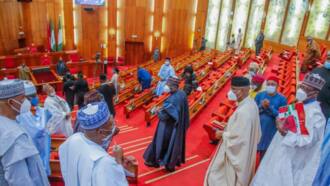
Read also
Coronavirus not disastrous here, says Senate as NASS rejects N75,000 test fee for international flight
Advantages and disadvantages of the land tenure system in Nigeria
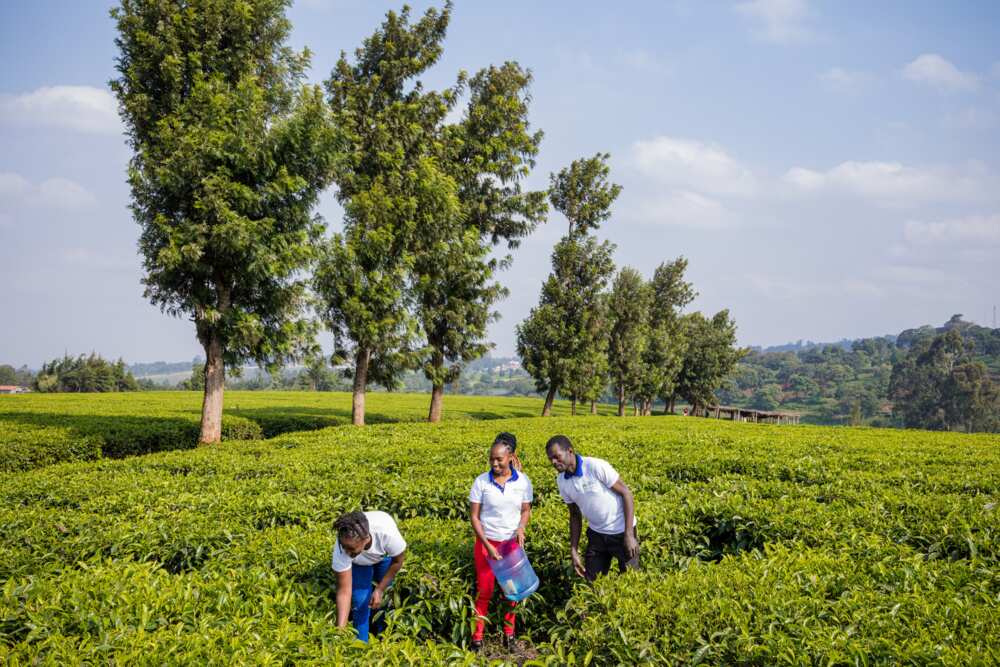
Source: UGC
Here are the pros and cons of the current Nigerian tenure system.
Pros
- It is a reliable system for governing the legal relationship between communities, individuals, and various entities on matters of use, control, and transfer.
- The current system makes it possible for anyone to own property regardless of their background.
- It is supported by numerous decrees that govern virtually every aspect touching on land.
Cons
- Most elements of the tenure system are premised on culture and traditions, creating loopholes that often result in conflict between individuals and groups with opposing beliefs.
- The freehold and leasehold systems can be easily exploited by a corrupt government.
There are various types of land tenure systems in Nigeria. These all give the owner varying rights when it comes to use, control, and transfer. The current system is the primary basis upon which land ownership in Nigeria is determined.
DISCLAIMER: This article is intended for general informational purposes only and does not address individual circumstances. It is not a substitute for professional advice or help and should not be relied on to make decisions of any kind. Any action you take upon the information presented in this article is strictly at your own risk and responsibility!
READ ALSO: Vegetation zones in Nigeria and their features: All the details
Legit.ng recently published an article about the various vegetation zones in Nigeria. The country has various zones, all determined by the wide-ranging climatic conditions. These zones have varying annual rainfall, temperature, atmospheric pressure, and predominant vegetation. Some of the zones are significantly larger than others, with some being more human-friendly than others.
The vegetation belt in Nigeria is divided into two: the forest and savannah ecological zones. These zones are further subdivided into three each, for a total of six vegetation zones.
Source: Legit.ng



